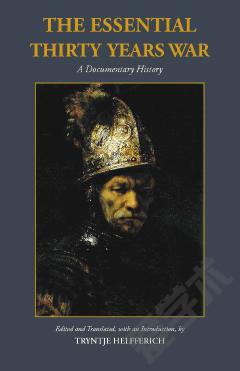Won by the Sword —— A Tale of the Thirty Years War
-----
In my preface to the Lion of the North I expressed a hope that I might some day be able to continue the history of the Thirty Years' War. The deaths of Gustavus and bis great rival Wallenstein, and the crushing defeat of the Swedes and their allies at the battle of Nordlingen, brought the first period of that war to a close. Hostilities, indeed, never ceased, but the Swedes no longer played the leading part on the Protestant side that they had hitherto occupied. Oxenstiern, the great chancellor of Sweden, saw that the only hope of eventual success lay in engaging France in the struggle, and he and the Duke of Weimar went to Paris and pointed out to Richelieu that unless France intervened, Austria must become the master of all Germany, and as the ally of Spain would have it in her power to completely dominate France. Richelieu perceived the opportunity, made a treaty with the Swedes and Weimar, and engaged to grant large subsidies to the former, and to send an army to co-operate with the latter.Then began the second period of this long and terrible struggle, France now taking the place that Sweden had hitherto occupied, and bearing the brunt of the conflict. She emerged triumphant, with her territories largely increased, while Austria was crushed and humiliated, and Spain was dethroned from her position as the dominating power of Europe.
{{comment.content}}








 京公网安备 11010802027623号
京公网安备 11010802027623号